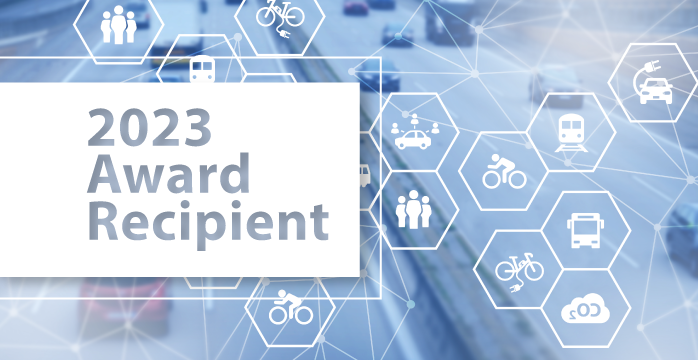Value-based care continues to transform industry, driving need for targeted therapies, finds Frost & Sullivan’s Transformational Health team
London – March 1, 2017 – Despite global political uncertainties and a sluggish economic outlook for 2017, the global healthcare industry is set for an invigorating year due to a partial realisation of major healthcare policies and initiatives, technology advancements and value-based care driving the adoption and need for consumer-centric targeted therapies. Future drugs and medical devices will be more targeted to meet the unique needs of emerging markets (e.g. China, India, Brazil) which demonstrate high growth opportunities compared developed markets (e.g., US, and Western Europe. Growing at a CAGR of 4.8 percent, the industry is likely to reach revenue of $1,731.8 billion. Current predictions and trends encouraging transformation include:
- Growth in RPM (remote patient monitoring) will start to accelerate beyond previous projections based on a convergence of regulatory, technology and ergonomic factors.
- A selective churn in the health app space will differentiate small number of vetted apps that will emerge as the best choice for serious health users.
- Life sciences and device industries will experience an increase in collaboration as well as merger and acquisition activities as they design products to prevent the onset of chronic and degenerative diseases.
- Artificial intelligence (AI) will play an important role in helping radiologists better interpret scans, reduce scan times, improve workflow efficiency and improve quality. AI will also make medical implants smarter as a way to intelligently regulate specific health conditions.
- Alternate payment models will drive the demand for next-gen revenue cycle management solutions. The adoption of alternative payment models will drive the usage of robust and agile analytics software that automates reporting and visualisation of patient-specific information.
- Immunotherapy will become part of the toolbox for treatment of various types of cancers. Immuno-oncology will remain hot as leading pharmaceutical companies race to market the first chimeric antigen receptor T-cell (CAR-T) therapy in 2017.
- Decreasing cost of next-generation sequencing tests to below the $1,000 mark will shift the application focus from research to clinical use cases.

The new analysis, Healthcare Industry Outlook, 2017, which is part of Frost & Sullivan’s Advanced Medical Technologies Growth Partnership Service program, explores how the global healthcare landscape is expected to evolve in 2017. It identifies key trends impacting the industry from lifesciences, medical technologies, remote patient monitoring, healthcare information technologies, care delivery and business model perspectives.
Click here (https://goo.gl/qdM4ZQ) for complimentary access to more information on this analysis and to register for a Growth Strategy Dialogue, a free interactive briefing with Frost & Sullivan’s thought leaders.
“2017 will be a tipping point for mainstream adoption of popular digital health solutions (e.g. Wearables, Telehealth), and transition of noble technologies from research to actionable clinical applications (e.g. POCT Dx tools, AI, Robotics, and Image-guided therapies),” notes Frost & Sullivan Transformational Health Research Analyst Kamaljit Behera.
Global Healthcare Industry Outlook, 2017
K152-54
About Frost & Sullivan
Frost & Sullivan, the Growth Partnership Company, works in collaboration with clients to leverage visionary innovation that addresses the global challenges and related growth opportunities that will make or break today’s market participants. For more than 50 years, we have been developing growth strategies for the global 1000, emerging businesses, the public sector and the investment community. Contact us: Start the discussion
Contact:
Jana Schöneborn
Corporate Communications – Europe
P: +49 (0)69 77033 43
E: [email protected]




